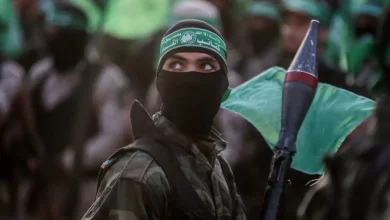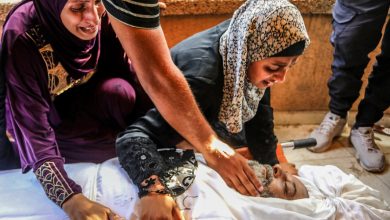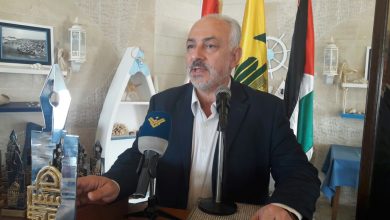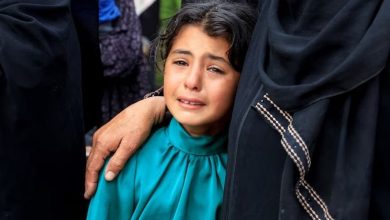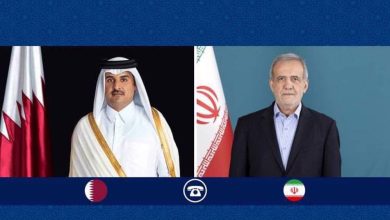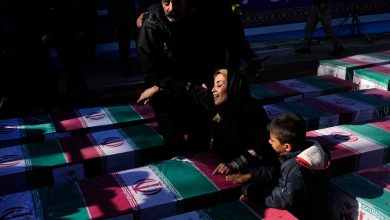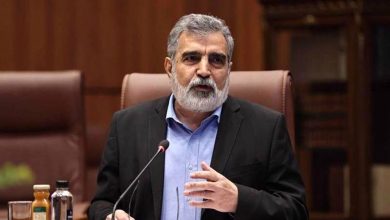Iran expressed willingness to evaluate the possibility of sending troops to Syria if a formal request made
Iran has indicated its readiness to consider the deployment of military forces to Syria, contingent upon an official request from Damascus, as the Syrian government faces a renewed threat from terrorism, according to Foreign Minister Abbas Araghchi.
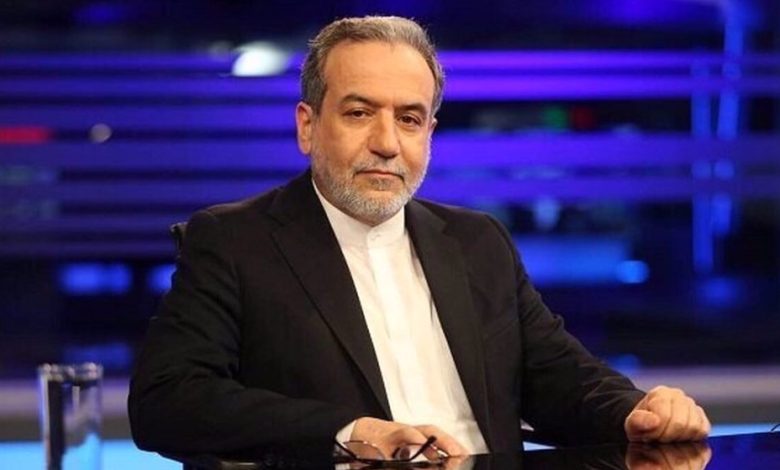
In an interview with the Qatari-owned media organization, The New Arab, Araghchi cautioned that the unexpected offensive by terrorist factions in northwestern Syria might present a greater security risk to neighboring nations like Turkey and Iraq, rather than to Iran.
He voiced apprehensions regarding the possible disintegration of the Astana process, a diplomatic effort launched in 2017 with the involvement of Russia, Turkey, and Iran as its principal guarantor states.
The Astana process, designed to promote dialogue and negotiations in addressing the Syrian conflict, is facing criticism regarding its effectiveness, as incidents of terrorist violence continue to rise.
Under this initiative, the trio of nations pledged to avert the revival of militancy in Syria. Nevertheless, the recent escalation in terrorist activities has prompted criticism of Turkey—a principal supporter of foreign-backed militancy in Syria since 2011—accusing it of not fulfilling its commitments.
Deputy Foreign Minister Araghchi highlighted his recent trip to Ankara, emphasizing Tehran’s ongoing efforts to engage in dialogue and consultation with Turkey to address mutual differences. He indicated that preparations are underway to de-escalate the situation in Syria and explore pathways for a sustainable resolution.
In addressing Iran’s connections with allied groups in the Axis of Resistance, Araghchi clarified that Tehran does not exert control over resistance factions within Arab nations, nor does it maintain formal organizational links. Instead, Iran offers support to their cause and provides assistance when deemed necessary.
Addressing the potential for a ceasefire agreement aimed at ending Israel’s military operations in Gaza, Araghchi stated that engaging in negotiations with Hamas for a truce and the release of hostages would represent a concession by Israel, implying a setback for the nation.
In remarks concerning Iran’s diplomatic relations, it was noted that ties with Saudi Arabia are developing positively. However, it was underscored that these relations remain separate from those with the United States. Meanwhile, in discussions about Iran’s negotiations with European nations over its peaceful nuclear program, Araghchi highlighted a sense of skepticism, citing numerous reasons for pessimism surrounding the talks.
An official statement from Tehran indicates that Iran presently has no plans to initiate dialogue with Washington, citing an absence of foundational grounds for such negotiations.
“We are monitoring the developments of the new administration’s policy formulation and will accordingly devise our own strategy once their direction is clear.”

